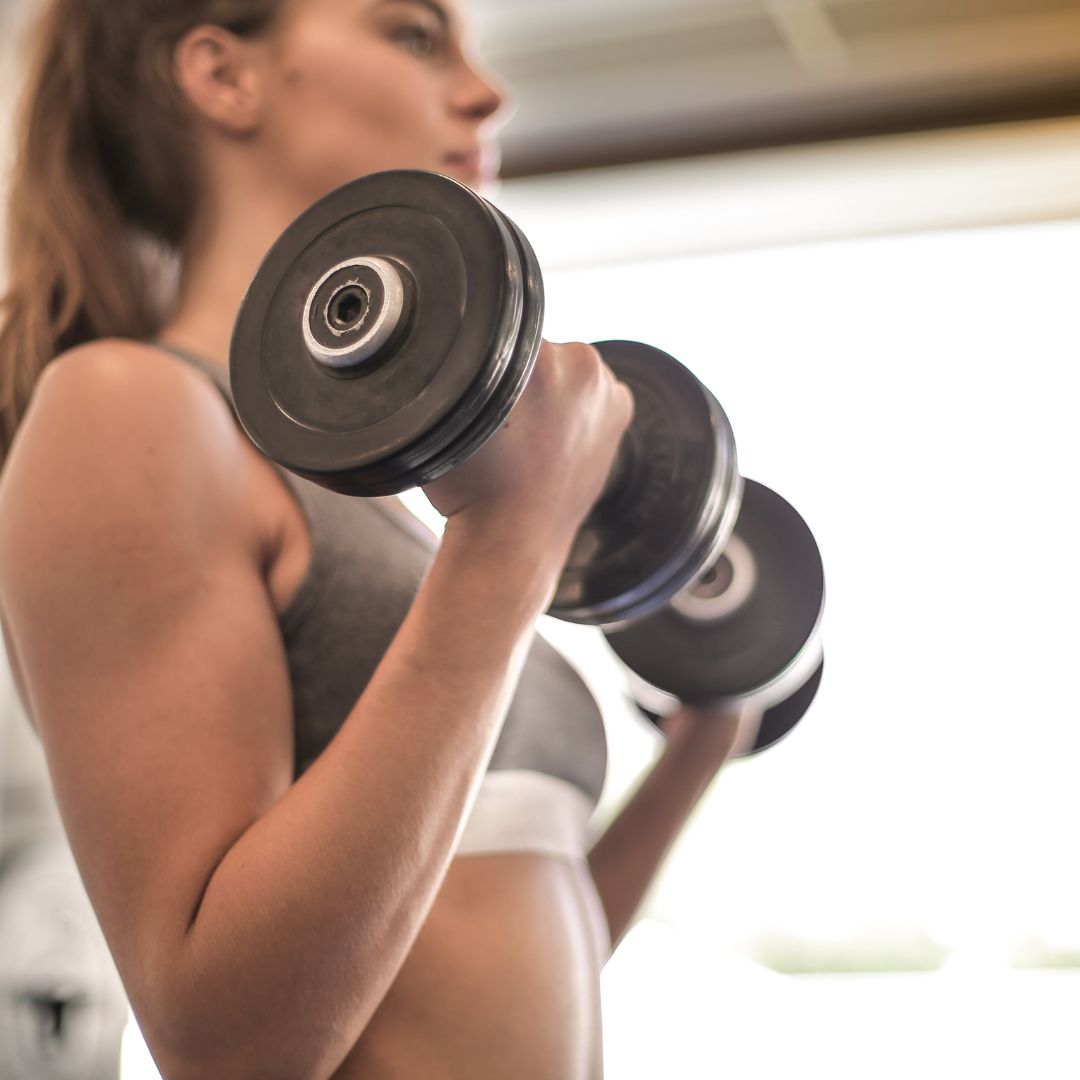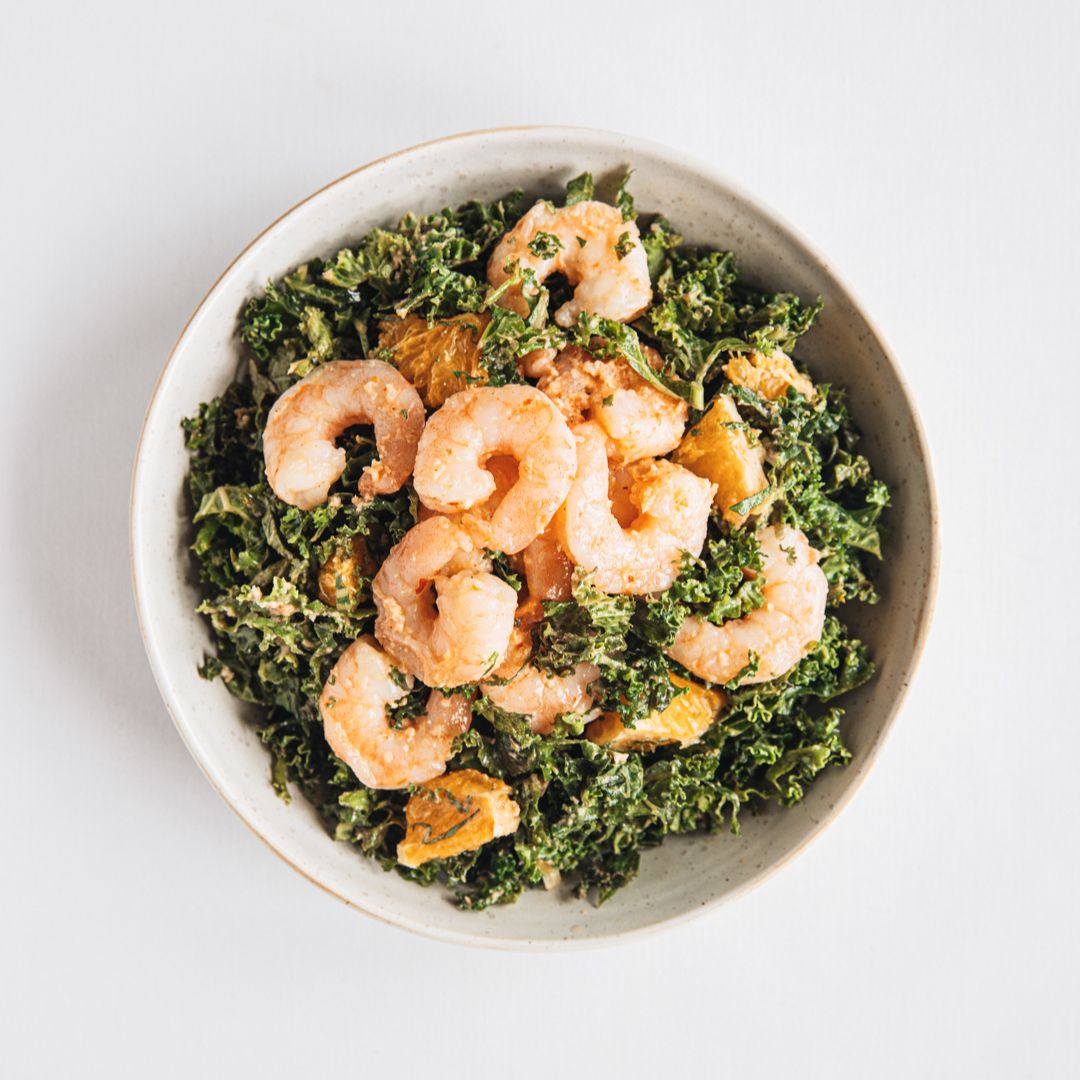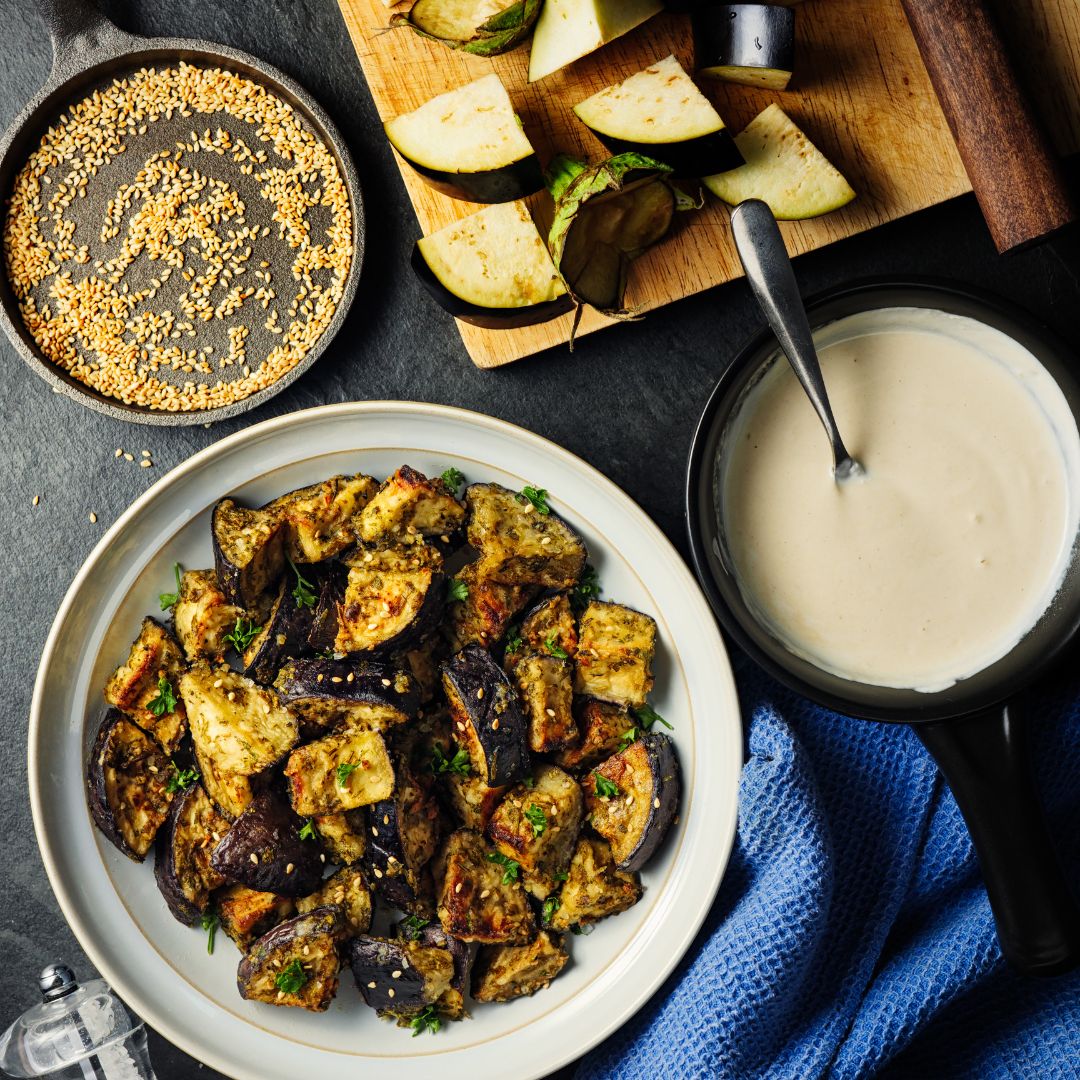
When to refuel post-workout
A Simple Guide to Fueling and Refuelling for Optimal Workouts
When it comes to maximising your workout performance and recovery, appropriate nutritional prep and refuelling strategies can play a crucial role, especially if you are highly active. What you consume before and after your workout can significantly impact your energy levels, muscle growth, speed of recovery, levels of inflammation and overall fitness progress.
Let’s explore how to effectively fuel your body pre-workout and refuel post-workout, taking into consideration the important factors of nutrients, hydration, and supplements.
Pre-Workout:
Appropriate Timing
Aim to consume your meal or snack 1 to 3 hours before your workout to allow sufficient digestion and absorption of nutrients. Eating too far in advance before a workout may not give you the energy you need, while eating too close to it may not allow you to fully digest, making it uncomfortable to exercise with a full stomach. This timeframe can vary depending on individual preferences and tolerance, so find what works best for you.
Carbohydrates for Energy
Including carbohydrates in your pre-workout fuel is crucial, as they provide readily available energy for your muscles. If you are about to do a longer workout (more than an hour), opt for complex carbohydrates like whole grains, fruits, or starchy vegetables. These choices offer sustained energy and help prevent blood sugar spikes and crashes during your workout.
If you are about to do sprints or other fast, but quick exercises, simple carbohydrates may be the best quickly available fuel. A small handful of dried fruit, trail mix, a banana, or white toast with jam are good options.
Moderate Protein Intake
Protein plays a role in muscle repair and growth, but it is important not to consume excessive amounts pre-workout. This is because digesting protein takes more energy than digesting carbohydrates and you want to keep the energy you get from food to fuel your workout, not to be spent on digesting. Aim for a moderate protein intake to provide essential amino acids for muscle synthesis. Good sources include lean meats, poultry, fish, legumes, and soy products.
Do not Over-do it with Fibre & Fats
When it comes to fats and fibre, both can prolong digestion. This is generally beneficial, as both nutrient groups keep you fuller for longer, but when you are getting ready for a workout, long digestion time will not be beneficial for your comfort while exercising. Also, we do not digest well when being active, because it is either fight or flight, or rest and digest. Both cannot occur simultaneously.
There is no need to completely avoid fats and fibre pre-workout, but do not over do it. For example, a toast with peanut butter and sliced banana is a great pre-workout snack, while a salad or a vegetable bowl with a protein and a dressing may be better for when you are not about to exercise.
Hydration
Bodily fluids are lost through perspiration during intense exercise, meaning that appropriate hydration prior is a key factor for an optimal workout. Aim to be hydrated an hour before your workout, as it takes time for the body to absorb the water and start the hydration processes. How much you should drink depends on your physiology. A good indication of sufficient hydration is clear-yellow urine. If it is a deep yellow colour, you may need to drink more. During your workout, continue to drink regularly every 15-20 minutes.
If you are training for an hour or less, there is no need for extra electrolytes from sports drinks or gels, as the electrolytes lost can be replenished with food afterwards. Focus on sodium, potassium, magnesium, calcium and water. This could look like whole grains with dark leafy vegetables, tofu and/or edamame, almonds, avocado, along with whatever else you fancy, a bit of salt in your dressing, and a large glass of water to go with it.
If you are training for longer than an hour, a dissolvable electrolyte tablet can be a very good idea. Unless you are an athlete, you probably do not need the extra sugars that come in electrolyte drinks, so a calorie-free electrolyte gel or tablet dissolved in your water bottle may be a better option.
Supplements
Certain pre-workout supplements can enhance your energy, focus, and endurance. Common pre-workout supplements include caffeine, creatine, and beta-alanine. However, always consult with a healthcare professional before introducing any supplements into your routine. If you are not training for a specific event or training at a high level, a shot of espresso can act as a great pre-workout, while the rest can be obtained from a balanced diet.
Keep an eye out for an upcoming blog post next month, explaining pre- and post-workout supplements in more detail.
Post-Workout:
Post-workout nutrition is vital to replenish energy stores, repair damaged muscle tissues, and kickstart the recovery process. However, a popular myth is that you need to consume a meal high in protein within an hour after exercising. This is not the case, as long as you consume appropriate amounts of protein throughout the day.
For women during or after menopause, as well as for older individuals, it may be a good idea to not workout fasted. This is because after a night’s sleep, the body is in a muscle protein breakdown state. As the muscles start to break down at a fast rate with menopause and age in general, a snack before a morning workout can help to prevent further breakdown during a workout and switch to a muscle protein synthesis state.
Replenish Carbohydrates
After intense exercise, your body's glycogen stores are depleted. Consuming carbohydrates post-workout helps restore these stores and facilitates muscle recovery. Choose high-quality carbohydrates like fruits, whole grains, sweet potatoes, or rice to promote glycogen replenishment.
Protein for Muscle Repair
Protein is crucial for repairing and rebuilding muscle fibres damaged during exercise. Include a good source of protein in your post-workout meal, such as lean meats, poultry, fish, eggs, legumes, or plant-based alternatives like tofu or tempeh. A general guideline is to have a palm-sized portion of protein or 0.75 grams per kilogram of body weight. However, more is needed for those who are highly active, post-menopausal or older individuals.
Most people consume significantly more protein than recommended, so it is not something most of us need to worry about. If you are training seriously, you probably have your macros carefully calculated and know exactly how much you should be consuming. For all others, “more” often means ~1.5 grams per kilogram of body weight, which is still quite easily achievable if your meals are regular and you are having protein with most of your meals and snacks. Protein shakes and bars can be a great and convenient way to get more in, but most likely, an average person does not need that extra if their diet is balanced. Older individuals may have reduced appetite, in which case supplements may be beneficial.
Essential Micronutrients
Do not overlook the importance of micronutrients like vitamins and minerals. They play a vital role in supporting your body's recovery and immune function. Including a variety of colourful fruits and vegetables in your post-workout meal ensures an adequate intake of these essential nutrients. Think eating the rainbow and including as many plant points as you can.
Hydration
When it comes to hydration post-workout, we have already covered it above depending on the intensity and duration of your workout.
Conclusion
To conclude, optimising your workout performance and recovery is greatly influenced by what you consume before and after exercising. Prioritise a pre-workout meal that includes carbohydrates, moderate protein, and adequate hydration. For post-workout refuelling, focus on replenishing carbohydrates, protein, and essential micronutrients while also ensuring proper hydration.



